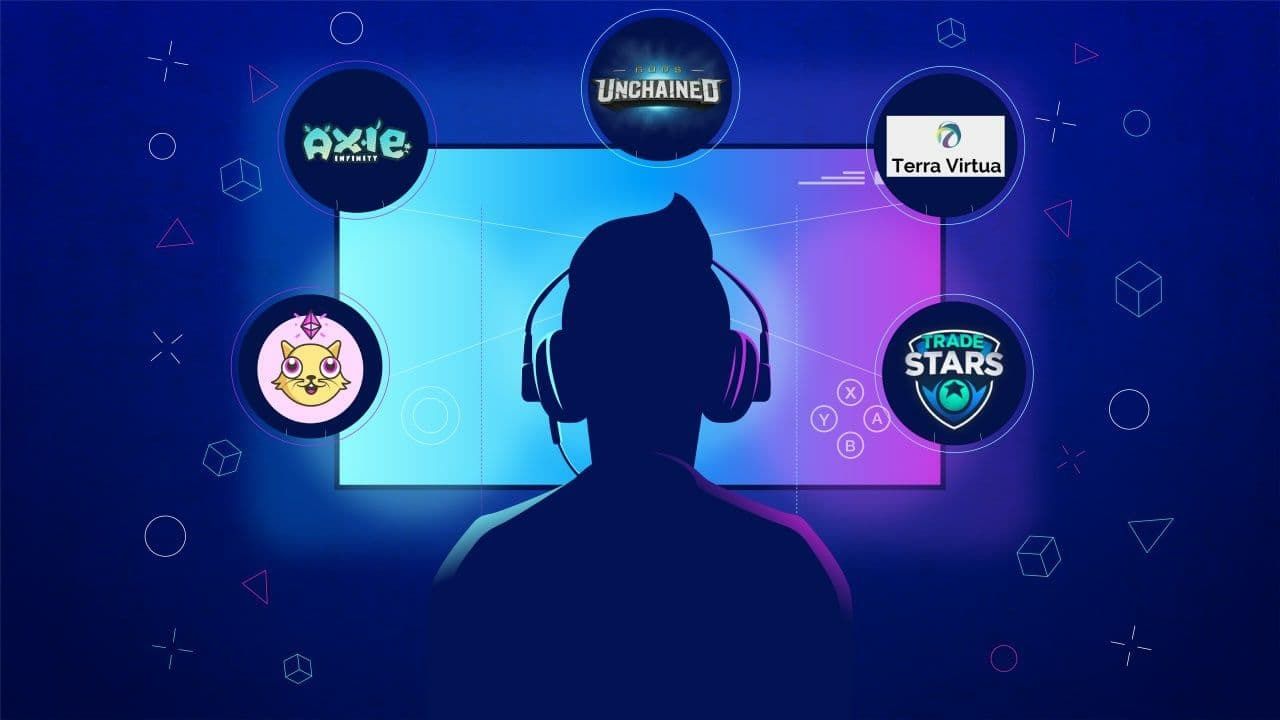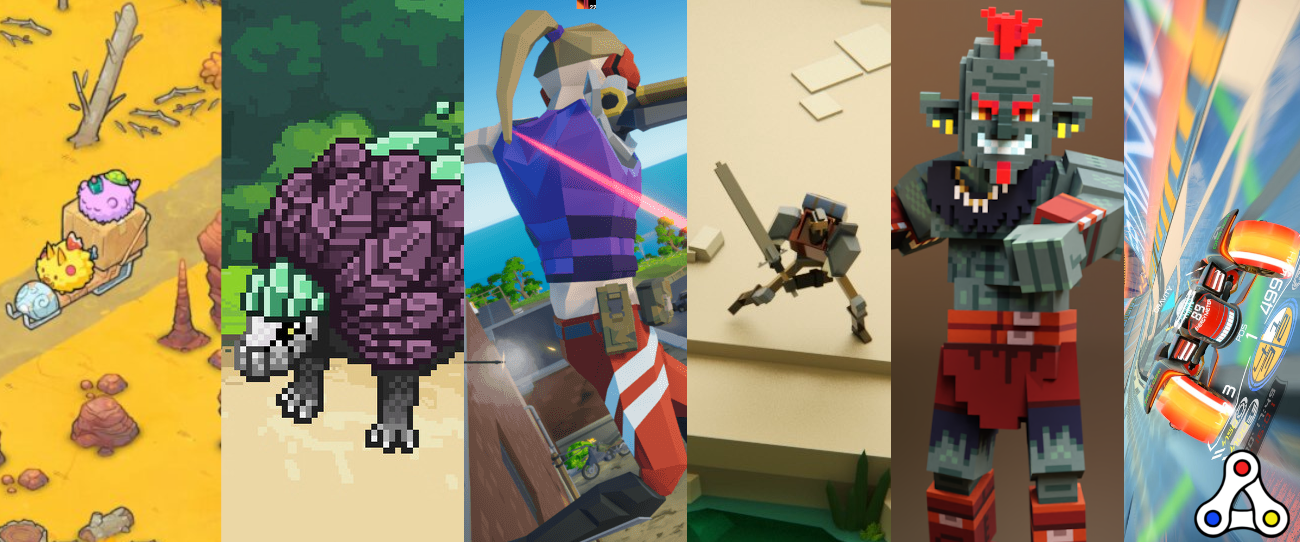- Blockchain implementation allows players to truly own assets since these items can be purchased, sold, and traded through decentralized markets as NFTs.
- Smart contracts help to enforce fairness and trust within games, regulating actions and trades to prevent cheating and manipulation.
- Some users’ challenges include scalability, user experience, and regulatory concerns, which must be addressed for widespread adoption.
- Players can build in-game assets like companions, vehicles, or materials that change over time or in response to gameplay.
In the vast gaming world, where imagination meets technology, there’s a new player in town making waves. The two breakthroughs in the contemporary world are blockchain and NFTs. However, what do such terms imply or denote, and how have they shifted the gaming environment? Let’s leave these specific inventions aside and immerse ourselves in this new digital world.
Understanding Blockchain and NFTs
So, the question arises: What is blockchain? First and foremost, let’s consider it a digital record book that records transactions securely and transparently. Each separate block in the system holds its record, and once recorded, the data cannot be changed without altering the rest of the attached blocks.
Next up is self-return NFTs, otherwise known as Non-Fungible Tokens. Unlike Bitcoin or Ethereum, where one token is the same as the others, NFTs are a distinctive set of rights that prove ownership or even the authenticity of a particular object or content, be it an image, a song, or, in our case, gaming assets.
So, where do blockchain and NFTs fit into the game picture? They have a lot of potential, from boosting gaming economies to changing the narrative about owning virtual items.
Perhaps the most tremendous significance is making the actual value deriving from the gaming activity possible through the “play-to-earn” model. Such exchanges can be made through the concept of blockchain, whereby gamers exercise rightful ownership of game items, including characters or other components of the game. This ownership can go beyond the bounds of the game and distribute the tokenized assets for trade or selling in other decentralized marketplaces.

The Rise of Crypto Gaming
Crypto gaming, a new trend in the industry in which video games are created and disseminated using cryptocurrencies, is on the rise. Industry experts state that games based on blockchain technology are truly different for players because they own their items.
It uncovers possibilities for creativity and innovative thinking due to unique options of customizing, trading, and even selling something they own digitally like never before. Many crypto games have been developed recently, such as Mega Dice, CoinPoker, WienerAI, 5th Space, and HypeLoot.
Furthermore, blockchain guarantees that the game mechanism never favours one side or another to manipulate the result because all transactions handed out in blocks cannot be reversed. Many aspects related to items traded through the game, bonuses distribution, and other aspects of the gameplay are managed by smart contracts, which means that game assets can be trusted by another player.
Challenges Crypto Gamers Could Face
On the one hand, using blockchain NFT in gaming opens up possibilities, but some issues arise. Evolving with blockchain technology usually involves gamers undergoing several steps, including creating a digital wallet in the first instance, dealing with gas fees, and transacting through DEXs.
This is particularly problematic if an individual is not well-versed in blockchain technology, as this high learning curve will discourage new entrants to crypto games.

Some issues affecting many blockchain networks include scalability, where many do not boast the high throughput necessary for gaming applications. Hence, there are likely encounters such as delayed games, lags, and congested game networks, particularly during traffic, which discourage gamers.
Final Verdict
Combining blockchain and gaming is a promising concept that opens the door to completely redesigning the gaming industry. It shifted attention to delivering players real ownership of assets through blockchain and NFTs and giving new sources of income to game developers.
Over time, as technology advances and the use of blockchain by various entities increases, I hope society will likely witness even more significant advancements in the use of the blockchain in gaming, bringing society closer to a world where virtual reality is owned and governed by the players.
Thank you! Please share your positive feedback. 🔋
How could we improve this post? Please Help us. 😔
[News Reporter]
Abiyan is on track to complete his Computer Science bachelor’s degree. His enthusiasm for writing and gaming motivates him to keep readers and gamers updated with the latest information from the industry. In his free time, Abiyan enjoys playing Dota 2 and Rocket League. Abiyan has also been cited in reputed websites such as Kitguru, Comicbook, GamingBible, Eurogamer and Gamingbolt.




